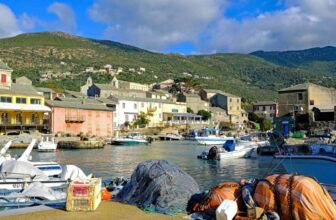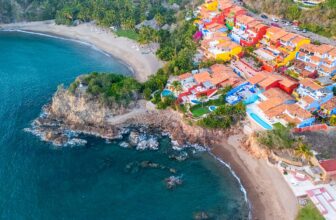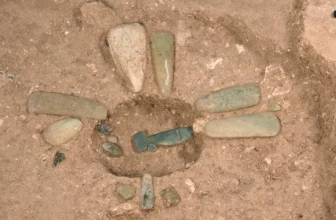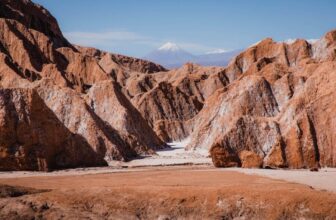
Wandering Beyond Borders: The Magic of Slow Travel
In today’s world of budget airlines, high-speed trains, and endless bucket lists, travel often feels like a race. Many travelers try to see as much as possible in the shortest time—checking off landmarks, snapping a quick photo, and rushing to the next destination. But a new wave of travelers is embracing a different philosophy: slow travel. It’s less about the number of places you visit and more about the depth of the experience.
What Is Slow Travel?
Slow travel is a mindset. Instead of rushing from city to city, you spend more time in one place, immersing yourself in the culture, lifestyle, and rhythm of the destination. It’s not about how far you go but how fully you connect with where you are.
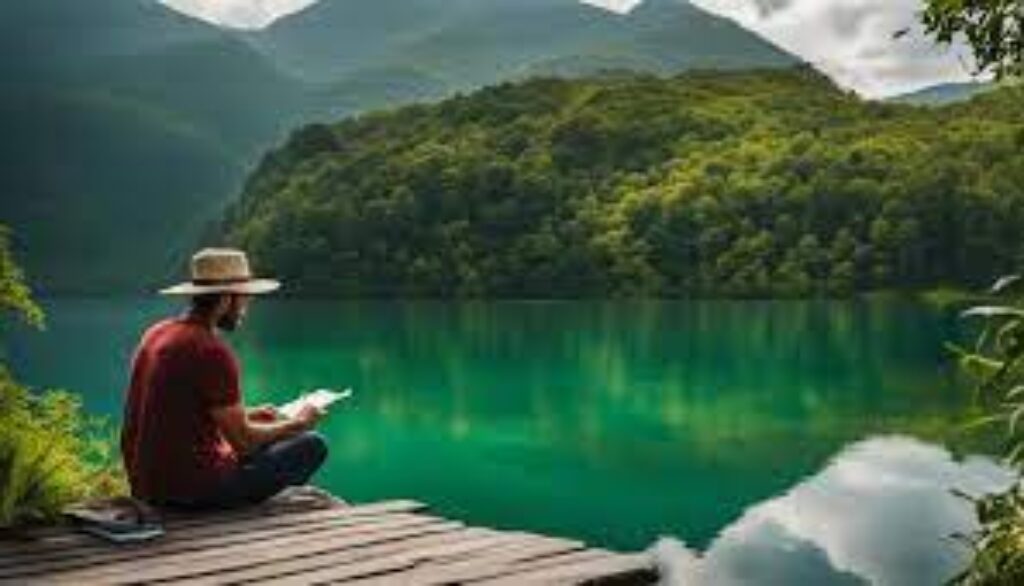
This kind of travel allows you to form relationships with locals, discover hidden gems off the tourist trail, and engage with traditions that can’t be found in guidebooks. It’s about savoring, not speeding.
The Joy of Living Like a Local
One of the greatest pleasures of slow travel is living like a local. Imagine renting a small apartment in Lisbon’s Alfama district, where you wake up to the sound of church bells, buy fresh bread from the same bakery each morning, and chat with neighbors who recognize you after a few days.
Instead of ticking off monuments, you linger in cafés, learn basic phrases of the language, and pick up subtle details of everyday life. You begin to understand not just the geography of a place but its heartbeat.
Sustainability and Travel
Beyond personal enjoyment, slow travel is also more sustainable. Tourism has a major impact on the environment, with carbon-heavy flights and overcrowded cities. By staying longer in one destination and traveling overland rather than flying frequently, you reduce your carbon footprint.
Supporting small, locally owned businesses—such as family-run restaurants, neighborhood shops, and local markets—helps ensure your money benefits the community. This creates a win-win: you get authentic experiences, and the places you love stay vibrant for future travelers.
Stories Found Off the Beaten Path
Slow travel often leads to serendipitous discoveries. When you’re not rushing, you’re more likely to wander into a tiny bookstore in Buenos Aires, stumble upon a folk music performance in Dublin, or share a home-cooked meal in a Tuscan farmhouse.
These are the stories you remember long after the trip ends. Unlike the fleeting memory of a rushed tour, slow travel experiences tend to linger, shaping how you see the world and yourself.
Destinations Perfect for Slow Travel
While slow travel can happen anywhere, some places lend themselves naturally to the concept:
- Tuscany, Italy – Rolling vineyards, medieval villages, and farm-to-table cuisine make it ideal for long, leisurely stays.
- Kyoto, Japan – Ancient temples, tea ceremonies, and seasonal festivals encourage unhurried exploration.
- Chiang Mai, Thailand – A blend of spiritual retreats, local markets, and artisan workshops fosters mindful travel.
- Provence, France – Lavender fields, sunlit cafés, and cycling routes through picturesque villages invite a slower pace.
- New Zealand’s South Island – Scenic drives, hiking trails, and cozy small towns make it perfect for travelers who want to pause and absorb nature.
How to Practice Slow Travel
You don’t need months of free time to embrace slow travel—it’s more about how you travel than how long. Here are some tips to get started:
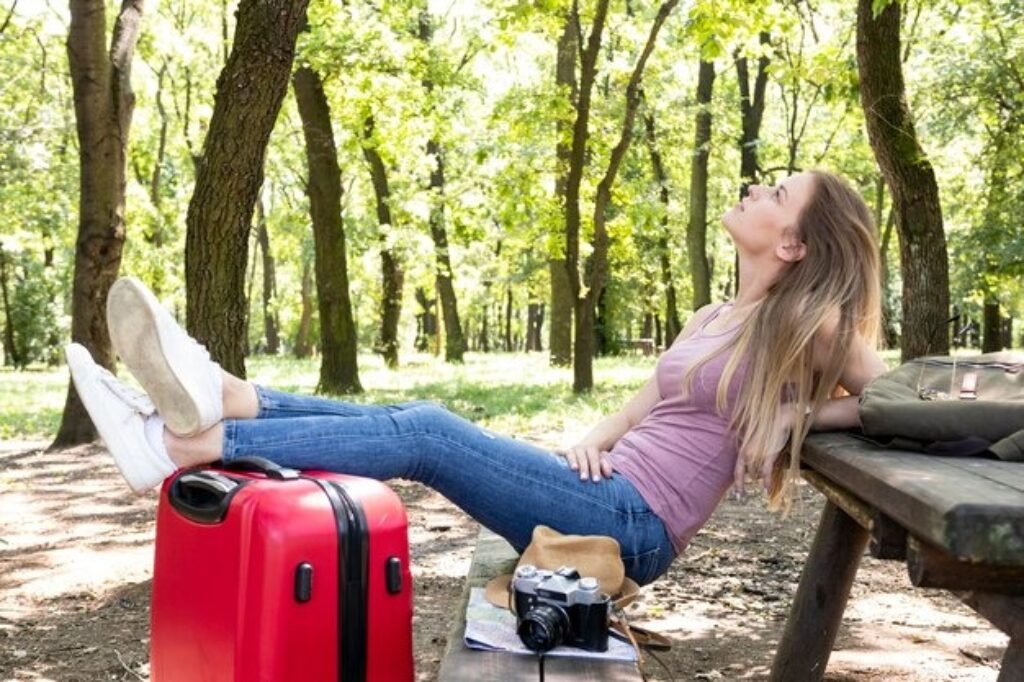
- Stay longer: Instead of three cities in a week, spend the whole week in one.
- Choose local transport: Take trains, buses, or bikes instead of planes whenever possible.
- Immerse in culture: Join a cooking class, learn a traditional craft, or volunteer.
- Disconnect: Spend less time on your phone and more time observing.
- Be flexible: Leave room in your schedule for spontaneous adventures.
Final Thoughts
Travel doesn’t have to be a sprint. By slowing down, you gain richer memories, meaningful connections, and a deeper sense of place. Slow travel reminds us that journeys are not measured in miles but in moments—moments of stillness, of laughter, of discovery.
So, the next time you plan a trip, resist the urge to rush. Instead, find one corner of the world, settle in, and let it unfold before you. You may find that the most profound travel experiences happen not when you’re moving quickly, but when you finally decide to pause.



